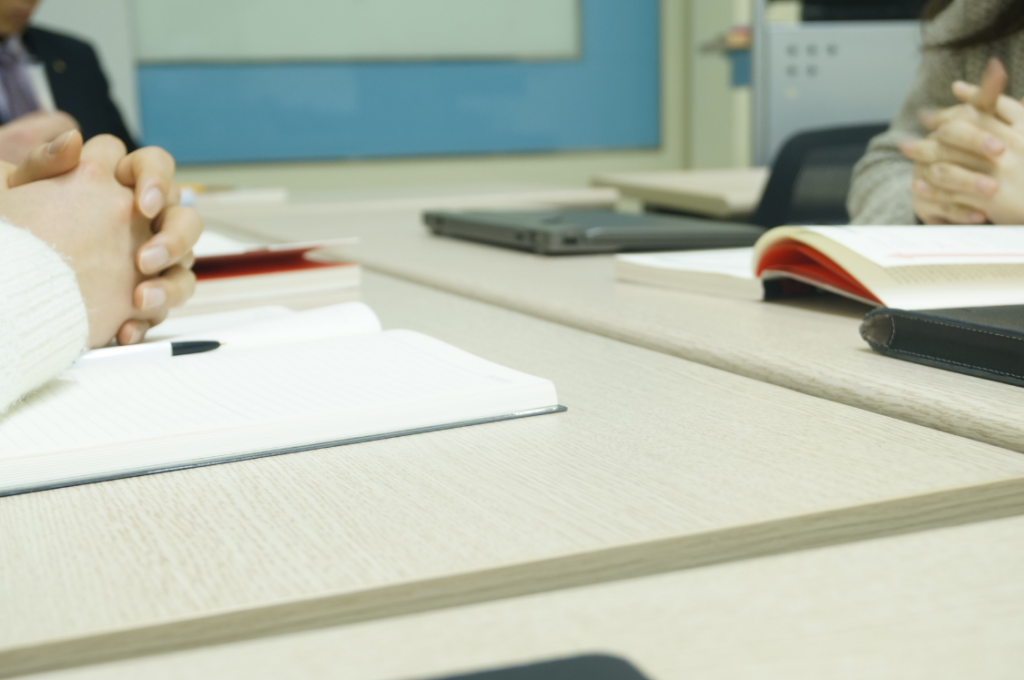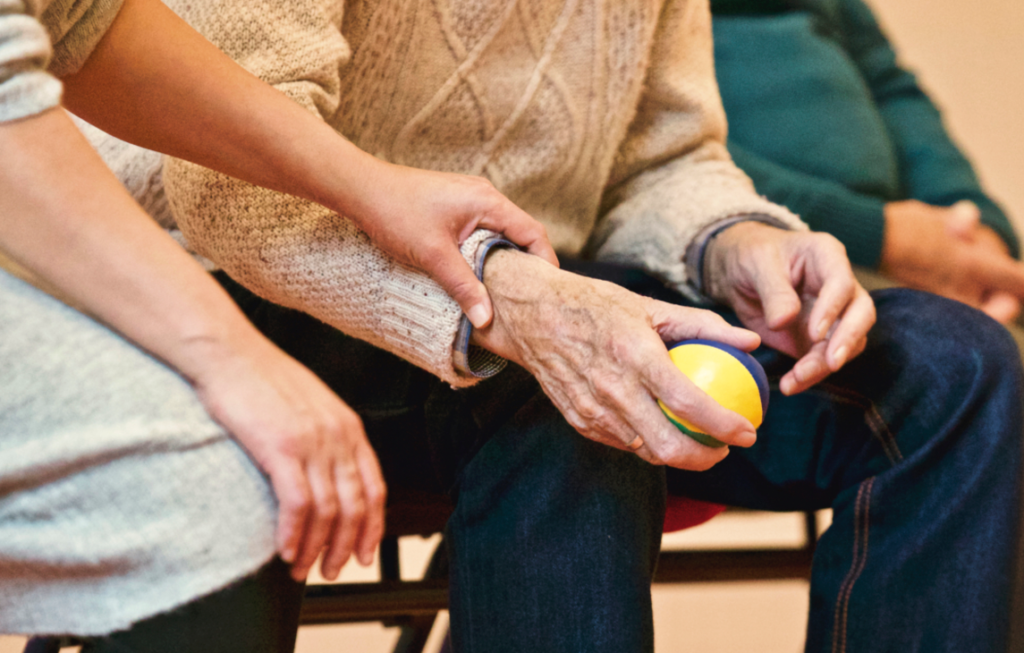Thinker Thoughts is evolving! Every Friday, we’re sharing our favorite reads of the week and what they encouraged us to think about. Give them a think and let us know your thinker thoughts!
What We’ve Been Thinking About This Week
1. How technology and automated algorithms are robbing us of our humanity…
 An essay for The Washington Post, “How Silicon Valley is Erasing Your Individuality” (9/8), forces us to confront the perils and consequences of a world governed by the tech giants (i.e. Google, Amazon, Facebook, Apple).
An essay for The Washington Post, “How Silicon Valley is Erasing Your Individuality” (9/8), forces us to confront the perils and consequences of a world governed by the tech giants (i.e. Google, Amazon, Facebook, Apple).
Franklin Foer, author of World Without Mind: The Existential Threat of Big Tech (Sept. 2017), warns that they are stripping us of our individuality in an attempt to “mold humanity into their desired image of it.”
The quote:
“Along with Facebook, Microsoft and Apple, these companies [Google and Amazon] are in a race to become our ‘personal assistant.’ They want to wake us in the morning, have their artificial intelligence software guide us through our days and never quite leave our sides. They aspire to become the repository for precious and private items, our calendars and contacts, our photos and documents. They intend for us to turn unthinkingly to them for information and entertainment while they catalogue our intentions and aversions…
It’s hard not to marvel at these companies and their inventions, which often make life infinitely easier. But we’ve spent too long marveling. The time has arrived to consider the consequences of these monopolies, to reassert our role in determining the human path. Once we cross certain thresholds — once we remake institutions such as media and publishing, once we abandon privacy — there’s no turning back, no restoring our lost individuality.”
Note: A similar piece was penned this week by Chelsea Manning in the New York Times, “The Dystopia We Signed Up For.”
2. How we can have conversations with difficult people…
 A commentary in the Wall Street Journal, “The Right Way to Have Difficult Conversations” (9/8), challenges us to dismiss the notion that there are certain people “we just can’t talk to.”
A commentary in the Wall Street Journal, “The Right Way to Have Difficult Conversations” (9/8), challenges us to dismiss the notion that there are certain people “we just can’t talk to.”
Celeste Headlee, author of We Need to Talk (Sept. 2017), journalist and public radio host of 20 years makes a compelling case for talking to others we don’t agree with – and truly listening to them, without judgment. Offering guidelines for engaging in difficult conversations, she says we first must be curious and have a genuine willingness to learn something from someone else.
The quote:
“These days, it seems that there are more and more deal breakers when it comes to deciding whom we’re willing to talk to. But in our tense era of deep divisions, talking to each other—and having difficult conversations—is more important than ever before…
The purpose of listening is to understand, not to determine whether someone else is right or wrong, an ally or an opponent…
Most of us acknowledge the existence and pervasiveness of such biases, but we tend to think that it’s just a problem for others. We aren’t conscious of our own blinders. The bald truth is that we’re all biased…”
3. How we can change our cultural perception of old age…
 An article in the New Republic, “What Happens When a Science Fiction Genius Starts Blogging?” (9/7), takes us into the world of acclaimed novelist Ursula K. Le Guin, who encourages us to dispel the negative connotation associated with old age.
An article in the New Republic, “What Happens When a Science Fiction Genius Starts Blogging?” (9/7), takes us into the world of acclaimed novelist Ursula K. Le Guin, who encourages us to dispel the negative connotation associated with old age.
At 87 years old, the retired science fiction novelist has turned to blogging, learning “to write from the perspective on old age in the youth-worshipping medium of the internet.”
The quote:
“’A lot of younger people, seeing the reality of old age as entirely negative, see acceptance of age as negative,’ she writes. ‘Wanting to deal with old people in a positive spirit, they’re led to deny old people their reality. … ‘You’re only as old as you think you are!’ She scoffs at this attitude and points out its logical and moral problems. Unlike capitalism and patriarchy, the illusion surrounding old age is that it is an illusion: ‘Encouragement by denial, however well-meaning, backfires. Fear is seldom wise and never kind. Who is it you’re cheering up, anyhow? Is it really the geezer? To tell me my old age doesn’t exist is to tell me I don’t exist. Erase my age, you erase my life—me.’”
4. How we can learn from others…
 An essay in the Wall Street Journal, “Why American Students Need Chinese Schools” (9/8), leaves us wondering whether we couldn’t learn a thing or two from the “Chinese way” of schooling, modeled on a “teacher knows best” mentality and the elevation of “the group” over the needs of an individual child.
An essay in the Wall Street Journal, “Why American Students Need Chinese Schools” (9/8), leaves us wondering whether we couldn’t learn a thing or two from the “Chinese way” of schooling, modeled on a “teacher knows best” mentality and the elevation of “the group” over the needs of an individual child.
The quote:
“The Chinese parent knows that her kid deserves whatever the teacher metes out, no questions asked. In other words, let the teacher do his or her job. As a result, educators in China enjoy an esteem that’s tops in the world: Half of Chinese would encourage their kids to become teachers, while less than a third of Americans and Brits would do the same, according to a 2013 study by the Varkey Foundation. Chinese society grants teachers a social status on par with doctors…
China’s school system breeds a Chinese-style grit, which delivers the daily message that perseverance—not intelligence or ability—is key to success…
Educational progress in the U.S. is hobbled by parental entitlement and by attitudes that detract from learning: We demand privileges for our children that have little to do with education and ask for report-card mercy when they can’t make the grade. As a society, we’re expecting more from our teachers while shouldering less responsibility at home.”
5. How we can become…well…less “stupid”…
 A piece in TIME magazine, “How to Fix American Stupidity” (9/12), encourages us to…THINK! Defining stupidity as “intellectual stubbornness,” Steven Nadler – professor of philosophy and the humanities at the University of Wisconsin–Madison – thinks that our nation is suffering from a stupidity epidemic, whereby we have “access to all the information necessary to make an appropriate judgment, to come up with a set of reasonable and justified beliefs”, but fail to do so.
A piece in TIME magazine, “How to Fix American Stupidity” (9/12), encourages us to…THINK! Defining stupidity as “intellectual stubbornness,” Steven Nadler – professor of philosophy and the humanities at the University of Wisconsin–Madison – thinks that our nation is suffering from a stupidity epidemic, whereby we have “access to all the information necessary to make an appropriate judgment, to come up with a set of reasonable and justified beliefs”, but fail to do so.
The cure, he believes, lies in exposing young people to philosophy and returning to the critical thinking and reasoning skills taught by the humanities.
The quote:
“…while other nations seem to be tackling the local and global problems we face head on, relying not so much on passion but on science and common sense, we seem as a nation to be acting stupidly. And in this regard we fail to live up to, and even betray, just those values that have informed our republic from its founding and to which we now so often merely pay lip service…
[W]hat the American public really needs are lessons in how to be rational, how to assess that information — distinguishing between real evidence and fake evidence — and end up believing only what one is justified in believing. We could use more lessons on what it means to be rational and how to be epistemologically responsible citizens who are familiar with the difference between a valid and invalid argument, and who know an unjustified belief when they see one.”
Phrase of the week: “Do what you can to help.”
Sister Margaret Ann, principal of Archbishop Coleman F. Carroll High School, southwest of downtown Miami, made headlines this week as the “chainsaw-wielding nun” in the aftermath of Hurricane Irma. After seeing that their road was blocked, Sister Margaret Ann took a chainsaw sitting in a closet in her school and started sawing trees to clear the way. As NPR reports, “By using the chainsaw, the nun said, she was trying to live up to something her school teaches its students: ‘Do what you can to help.'”
Watch the video below: